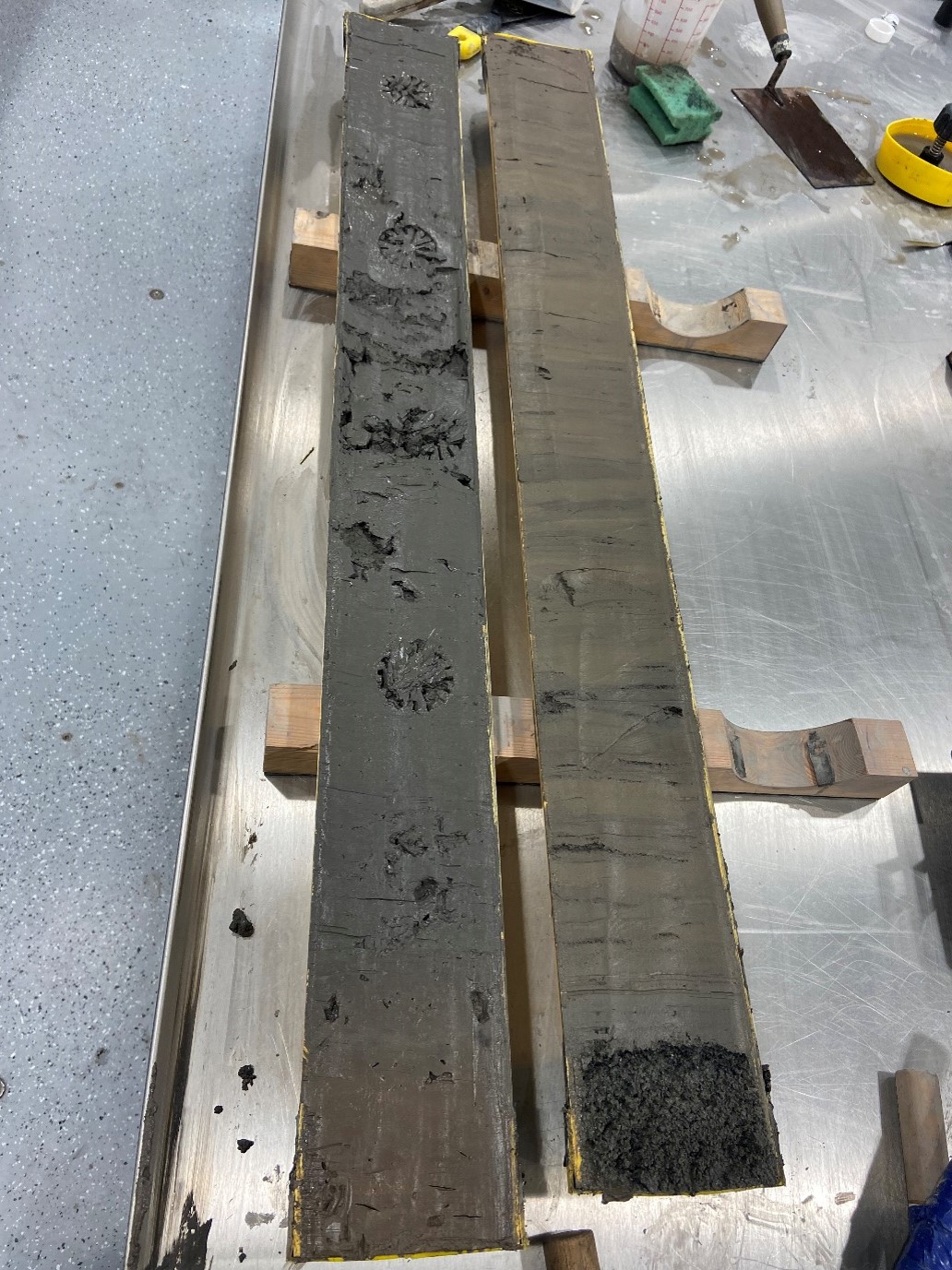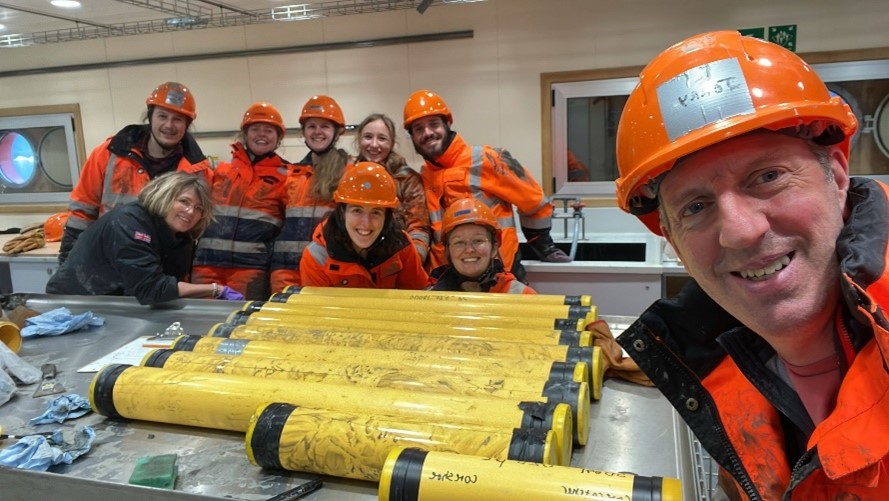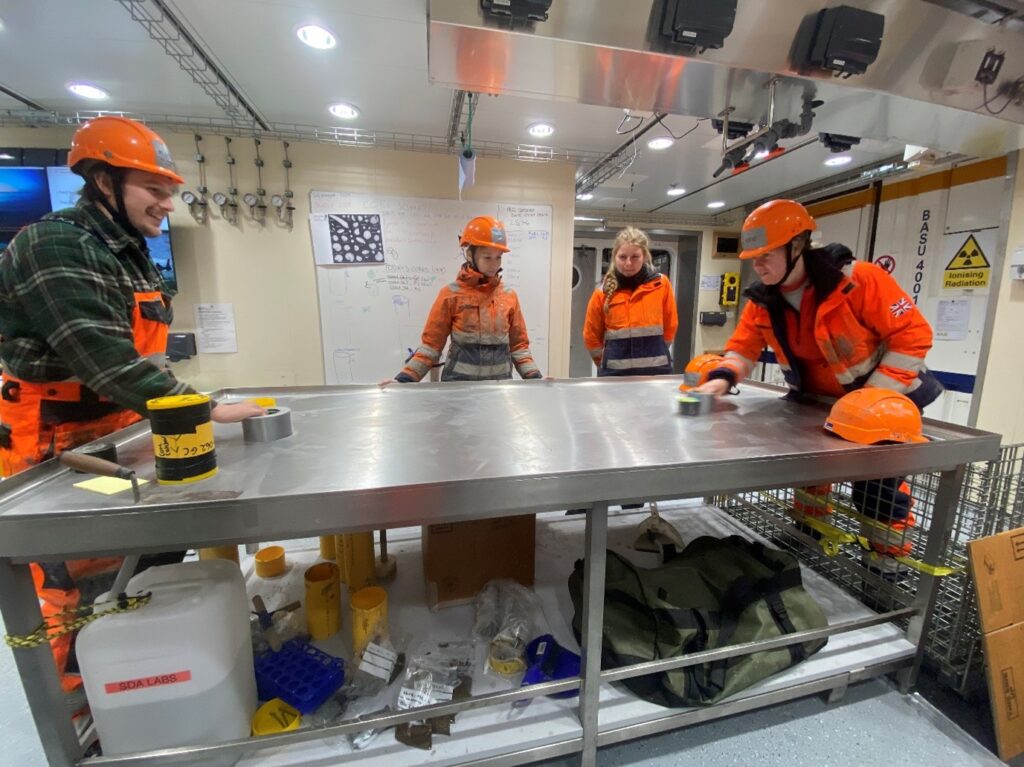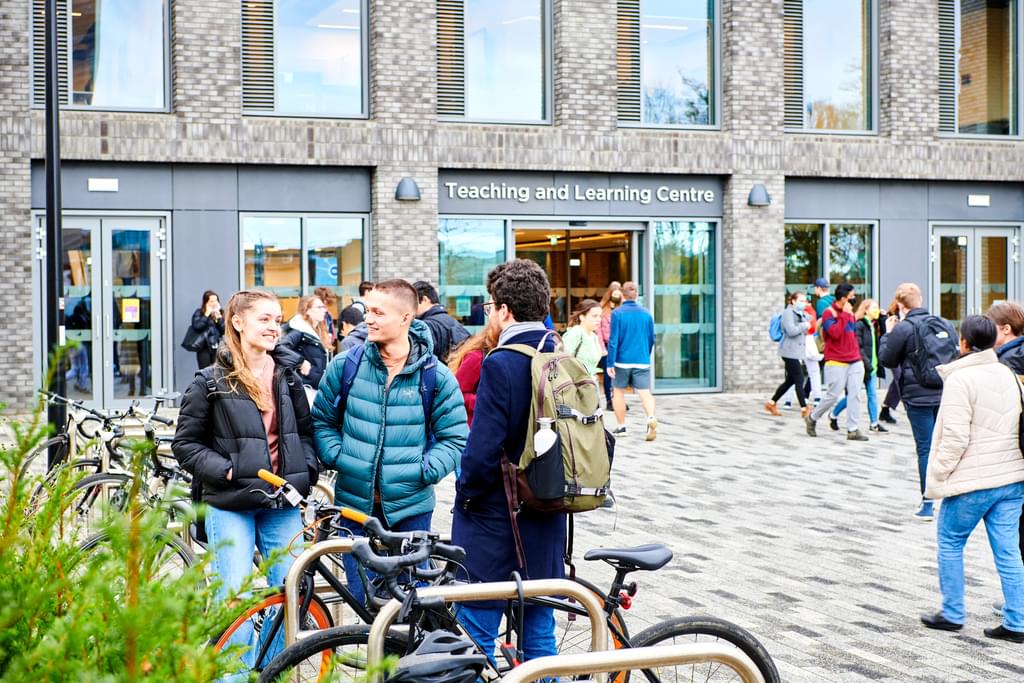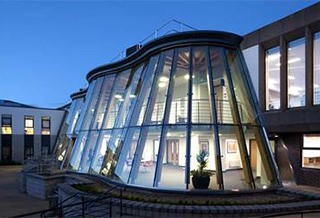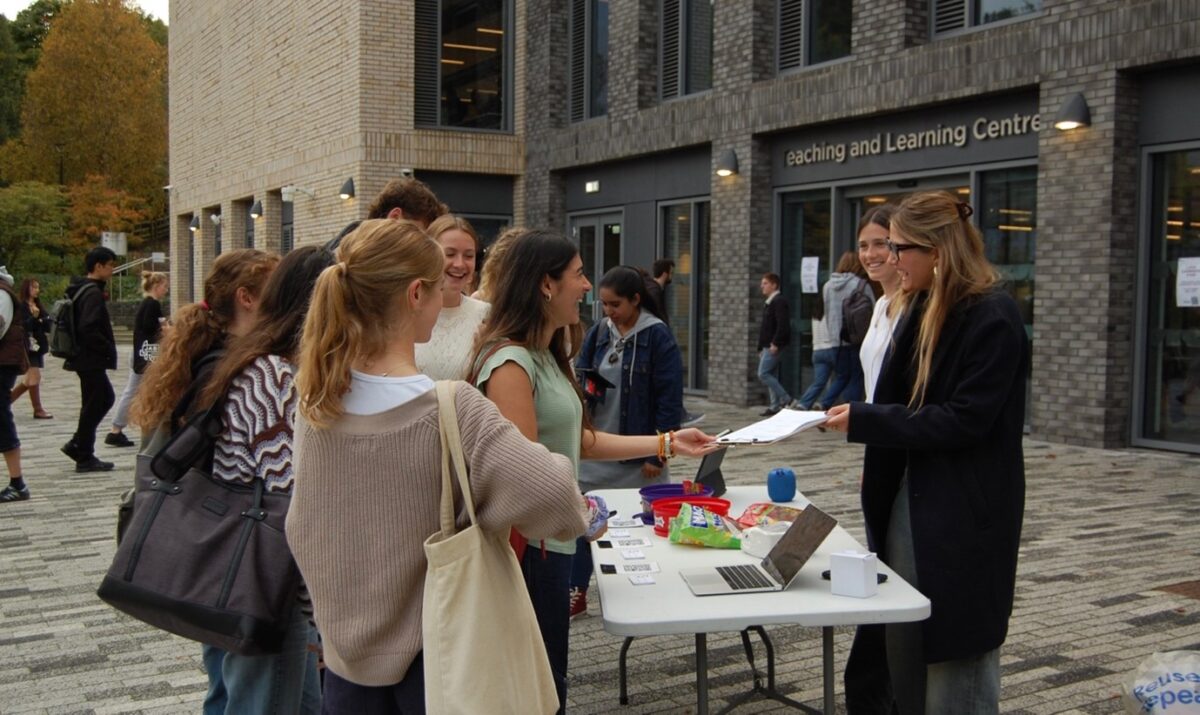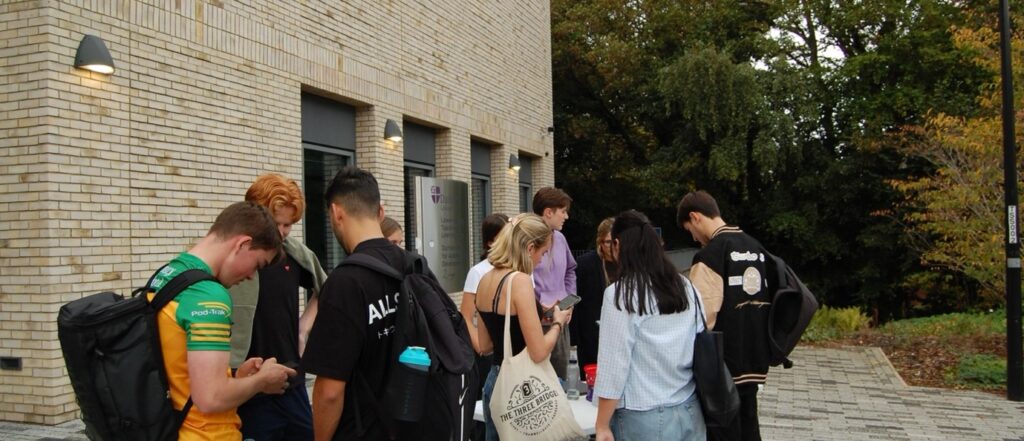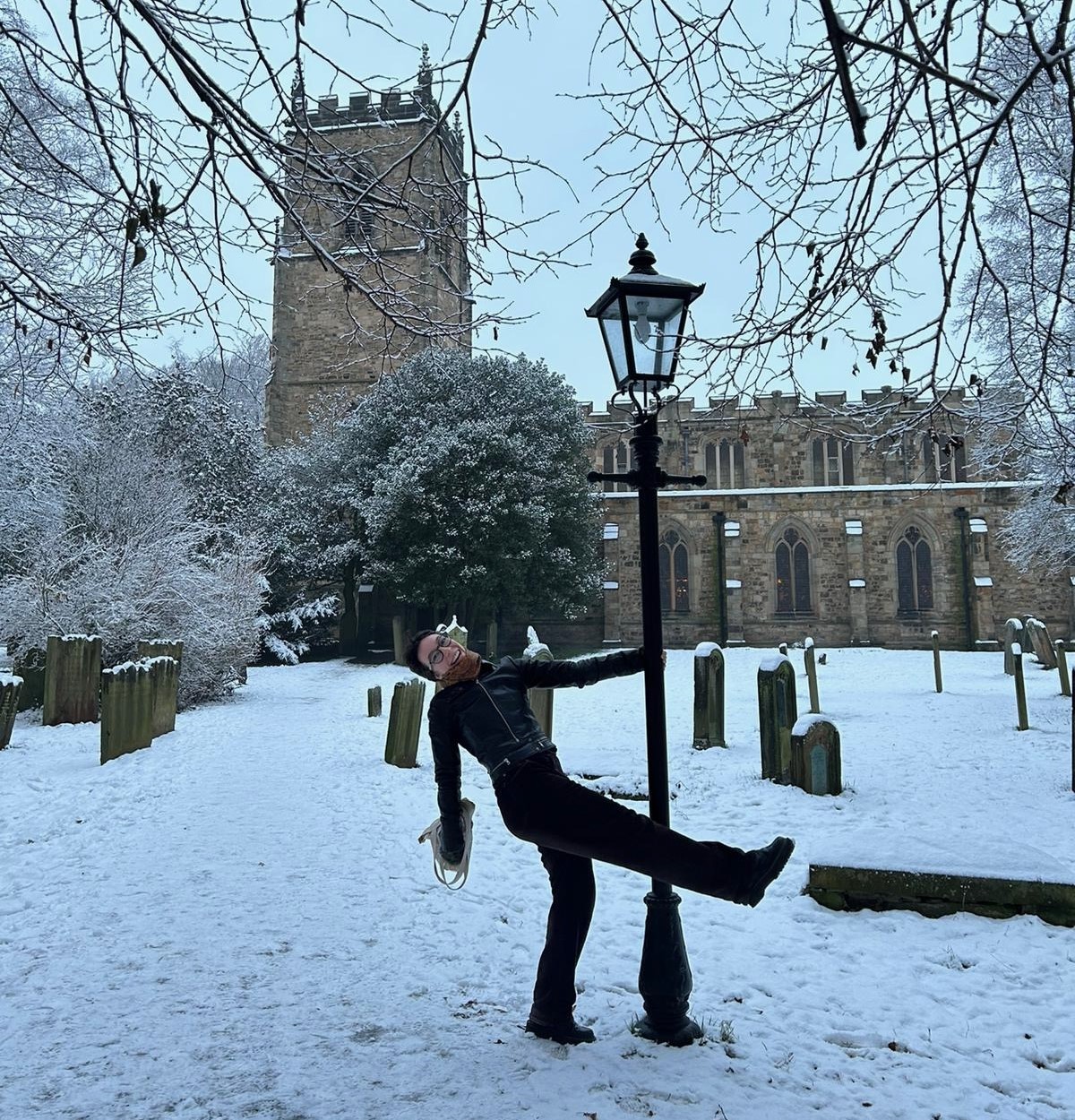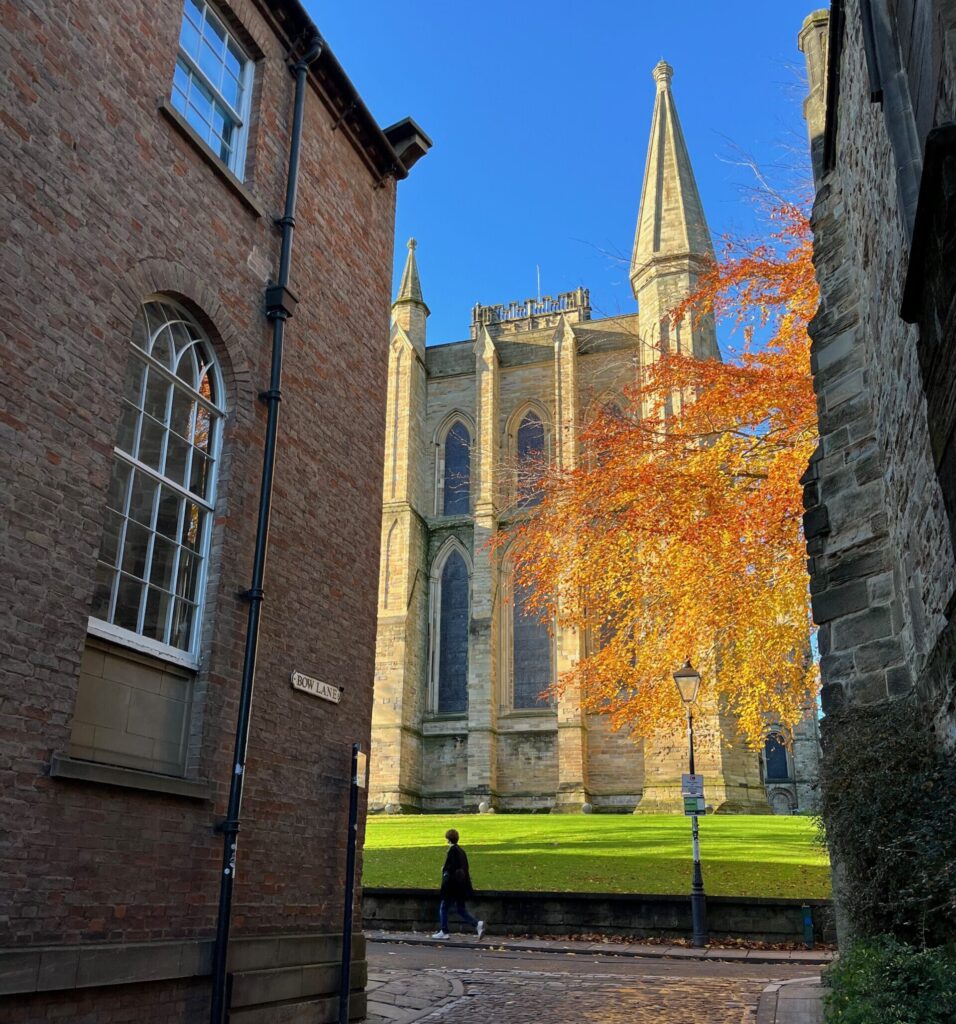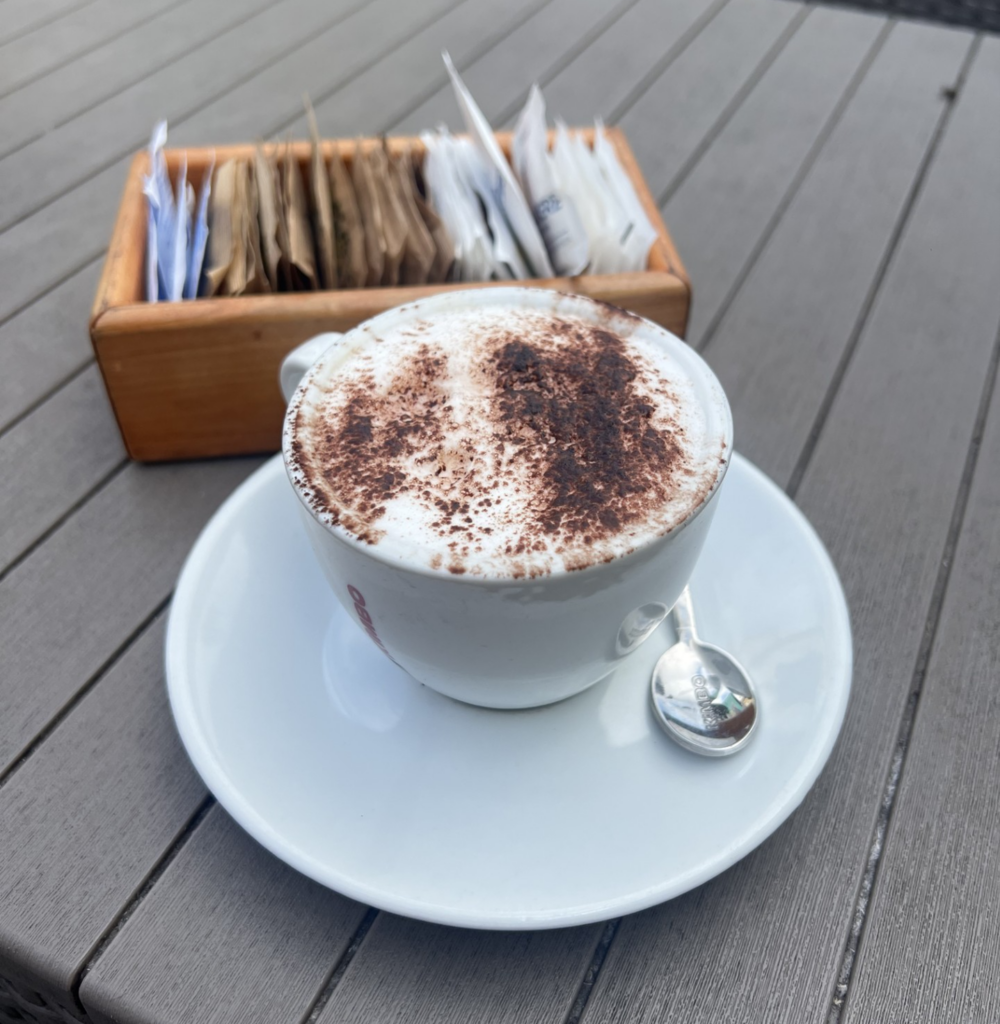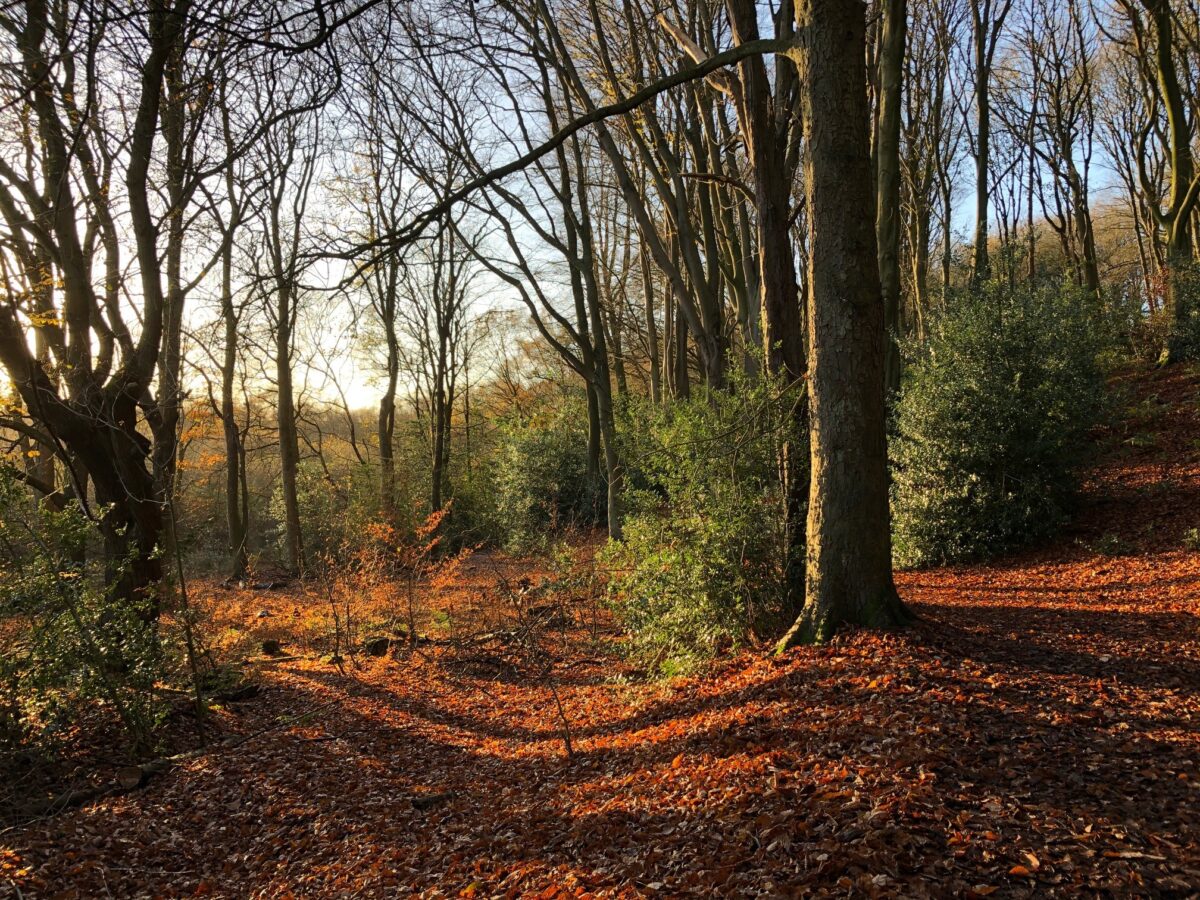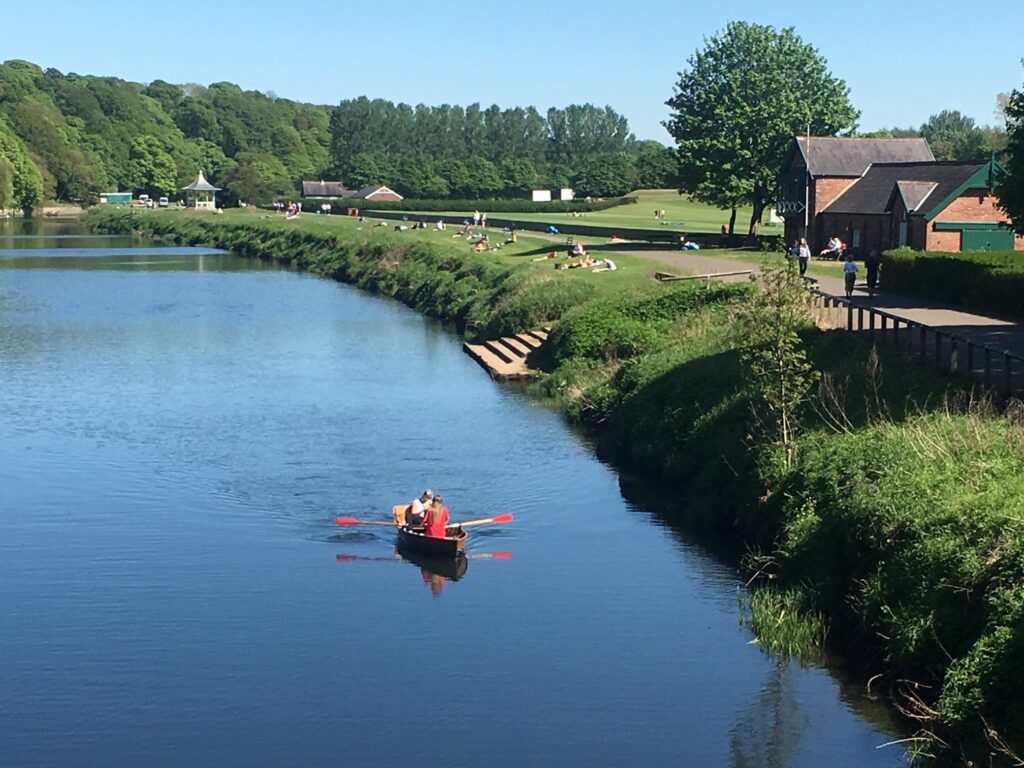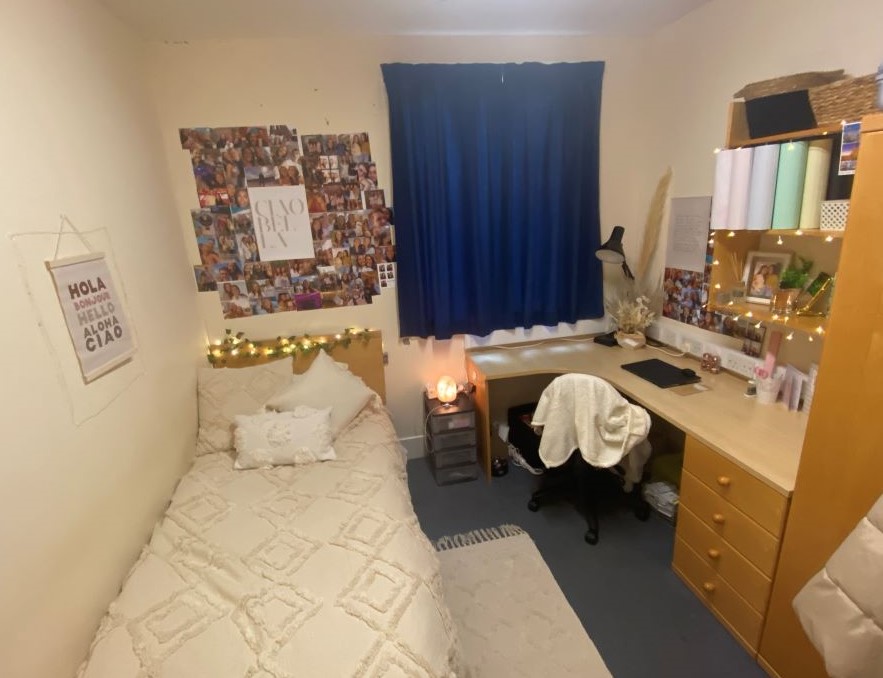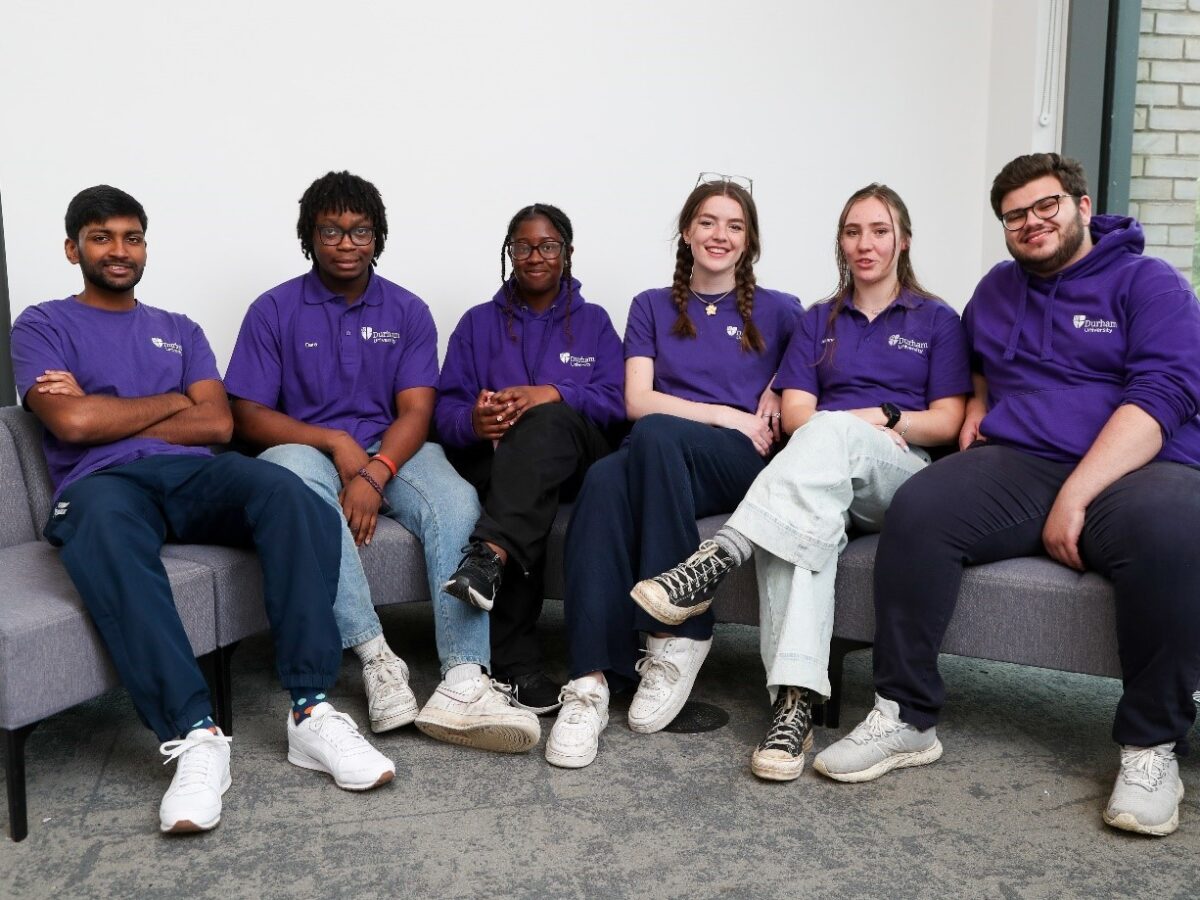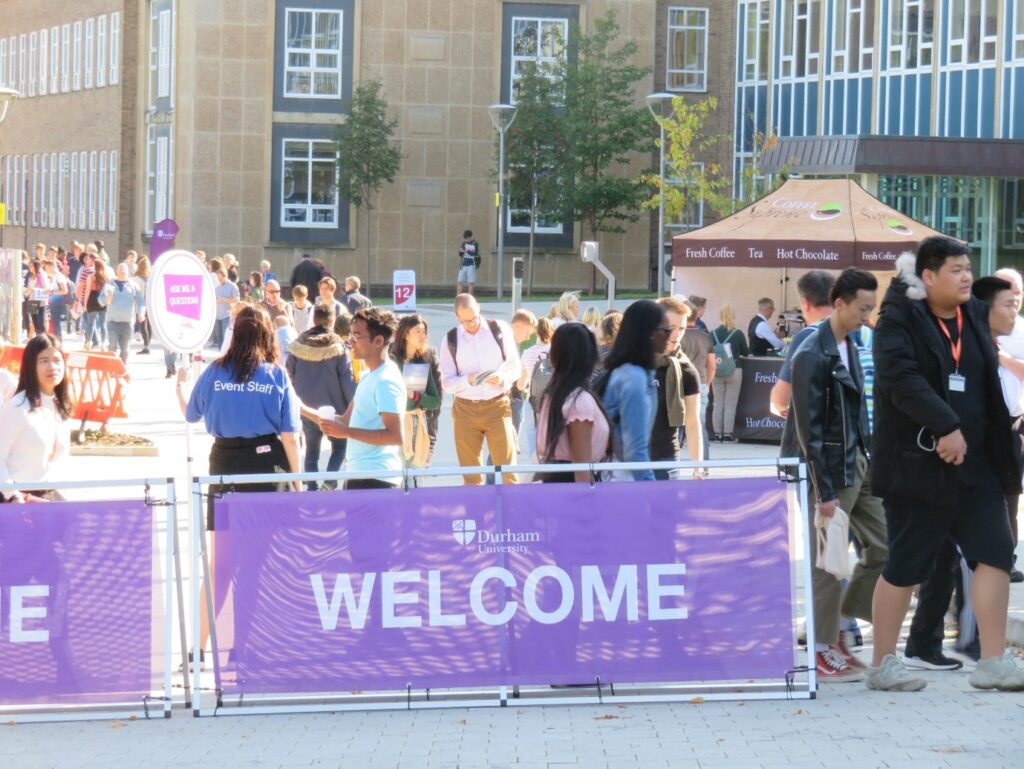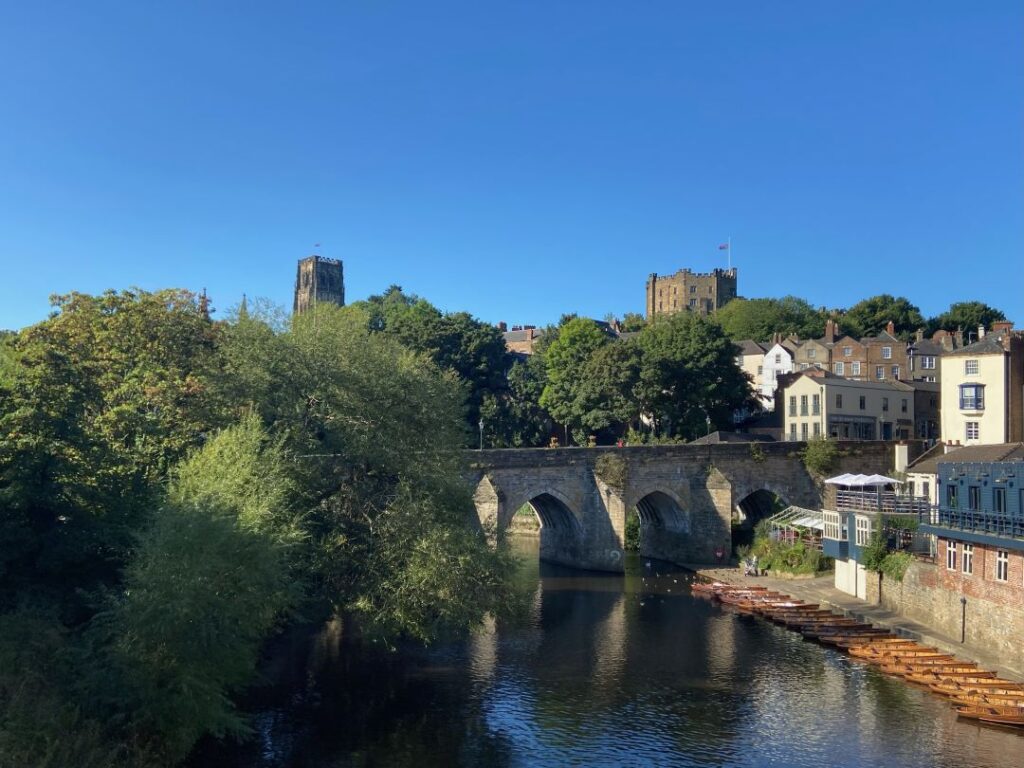Beginning your university studies is an exciting time, but it can sometimes be a little daunting to start out your student life. Fairs are a great way to help you get a sense of all the other parts of your university life away from academia, and at Durham there’s a whole range of fairs on offer, which I’m now going to break down for you into three sections: sports, societies, and jobs & careers.
Sports
Lots of Durham students participate in sports alongside their studies. Whether you are looking to try out a new sport as a beginner or to hone your talents through representing the university, there is something for you.
Durham Students’ Union organises a Sports Fair that takes place during Welcome and Orientation Week (also known as Freshers’ Week) which is free to attend and gives all students an opportunity to see what’s currently on offer and to meet the people running each sports group. This usually takes place at Maiden Castle, a facility which hosts lots of Durham sports so it’s also a great time to visit and see where you might be training! Students can book tickets online through the Durham Students’ Union website to attend the Sports and Activities Fair, and you can also view the range of sports online there by looking at their ‘Groups’ page.
Societies
Durham Students’ Union also runs the Freshers’ Fair in Maiden Castle during the same week (but usually on a different day!), and you can also reserve a free ticket to this fair through their website by searching in their events. This fair is all about the clubs on offer (which is a MASSIVE list visible online via the previously mentioned ‘Groups’ page), including everything from the likes of drama, music, arts, to all kinds of hobbies and interests, to groups representing your academic course, career goals, or personal identity. It’s a great opportunity to go and get inspiration for what you might want to participate in alongside your studies.
If you are as keen as I was when I went to the Freshers’ Fair, then you will probably also end up marking down way too many activities that you have decided you want to try before eventually settling into a routine. This is completely fine as plenty of societies have taster sessions which you can sign up for to discover if it’s a good fit.
It’s also worth remembering that lots of Durham Colleges will organise their own Freshers’ Fair to help you discover what’s on offer there specifically. This will be different from the centralised Freshers’ Fair, so don’t skip it just because you’ve been to others! This will be much smaller and held in your college, and you probably won’t need to reserve a ticket in advance. College Freshers’ Fairs are great because lots of colleges will provide many of the activities that are on offer at centralised clubs, but on a smaller scale, which might be perfect if you’d prefer to be part of a smaller group. It will also give you the opportunity to meet more students from your college, who you will likely be seeing on a regular basis if you are a liver-in! The activities on offer will vary but will likely include both societies and sports, so go and check it out!
Jobs & Careers
Are you looking to get a part-time job at university? Well, there’s a fair for that too! On Wednesday 9th October 2024 between 1-4pm, this year’s Part Time Jobs, Placements & Volunteering Fair will be taking place. Just head on down to the Teaching & Learning Centre located near to the Bill Bryson Library on the Lower Mountjoy site, you will have the opportunity to talk to your potential employers and see a range of jobs, voluntary roles, and placement opportunities available to students. (You might also want to come and say hi to The Durham Student Team if you see yourself as one of our next Content Creators!)
This is a great way to get some inspiration for jobs, especially those which you might not have even thought of applying to! Taking part in one of these roles can not only help balance your finances whilst you study, but also give you some professional experience that will help boost your CV for when you are job-hunting after graduation.
There are plenty more opportunities throughout the year to help you get career insights which you can find on Durham’s CareersConnect page, including sector-specific events and talks. Check up on this page as their dates are worth getting in your diary.
What do I take to a fair?
The essential thing to take would be either your phone or something else to make notes on. You will probably want to have some record of the groups of particular interest to you so writing down their group names is a must!
Lots of student groups advertise their activities through either Facebook or Instagram (some might use a mailing list), so it’s also worth having these social media apps downloaded so that you can follow along and see what activities are on offer.
Some groups might even have a QR code for you to scan to take you directly to their page, and when you are at the Part Time Jobs, Placements & Volunteering Fair, you might also have QR codes to help you find application portals, so make sure your device is charged up before you go!
Tips for attending fairs
- Don’t be afraid to say hi (and don’t be surprised when the people at fairs try and talk to you as well!). These kinds of events involve plenty of meeting people and there will be a lot of enthusiasm from everyone trying to get you to join their group. It’s likely that there will be groups you aren’t interested in, but it’s also an occasion to be open minded about new opportunities.
- There is no ‘right’ amount of time to spend at a fair. Some people will have specific interests they want to follow, and some want to look at every group and maybe even circle back around to the start to make sure they didn’t miss anything. Don’t feel like you need to stick with the group you came with the entire time as they might not share all of your passions. Go at your own pace and remember that there are lots of other ways to reach out to the groups that attend these fairs if you have further questions or if you missed out on talking to them in the first place.
Discover more
Read more about the part-time jobs, placements and volunteering careers fair
View the full series of careers weeks and fairs and explore our dedicated Careers and Enterprise pages
Read help sheets and articles on networking, preparing for a careers fair, and how to use the LinkedIn alumni tool
Explore further resources on work experience and the placement year
Search for vacancies, career events and book career appointments on our CareersConnect platform
Check out the societies on offer at the Student Union here
Follow our students on Instagram, TikTok and YouTube



